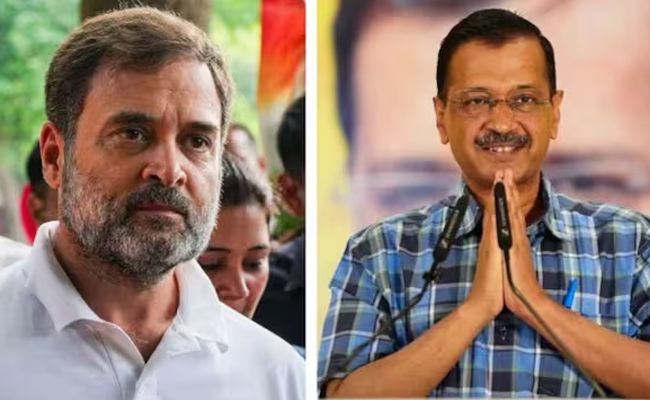
India News

Before this year’s general elections, the INDIA alliance appeared somewhat united, despite internal differences surfacing in various regions. They collectively sought to present themselves as a strong alternative to PM Modi. However, despite these efforts, the INDIA alliance failed to make a significant impact in the Lok Sabha elections.
With Modi securing a third consecutive term, post-election cracks within the alliance have become more evident. The members now seem more focused on preserving their individual identities and strengthening their respective positions, threatening the alliance's unity and future.
The Aam Aadmi Party (AAP) has decided to contest the Delhi Assembly elections independently. Party leader Arvind Kejriwal officially announced this decision, dismissing speculations about an alliance with Congress. For months, rumors suggested that AAP and Congress would share seats in the Delhi elections under the INDIA alliance banner. Congress even amplified this narrative among the public. However, Kejriwal firmly rejected these claims, asserting that AAP would contest all seats in Delhi without any alliance.
This move indicates AAP's intent to solidify its position in the upcoming elections. Meanwhile, Mamata Banerjee, Chief Minister of West Bengal, recently expressed her desire to lead the INDIA alliance, reflecting the growing aspirations of regional parties within the coalition.
The Congress party’s inability to deliver significant results during the general elections has diminished its influence within the alliance. The recent Maharashtra and Jharkhand elections have further dented confidence in Congress. In Maharashtra, Congress-led alliances suffered a massive defeat, while in Jharkhand, its performance failed to inspire acknowledgment.
As a result, the INDIA alliance faces mounting challenges, with Delhi's elections serving as a litmus test for its future.
Advertisment